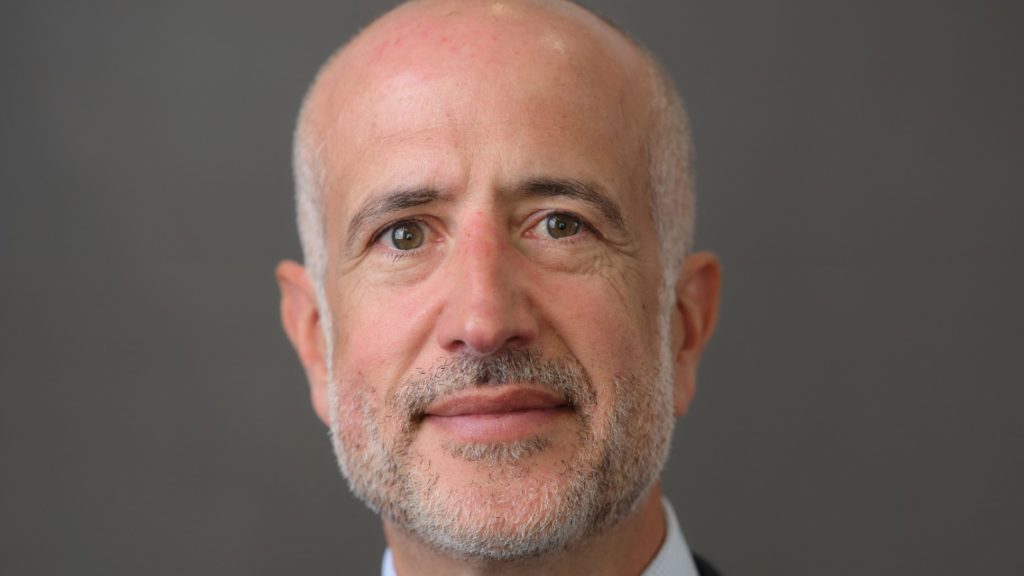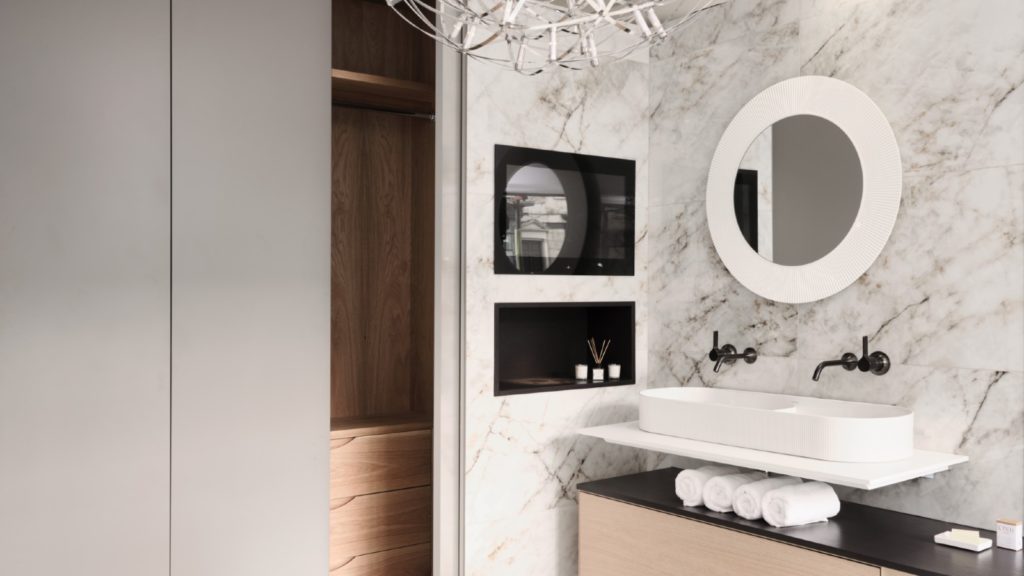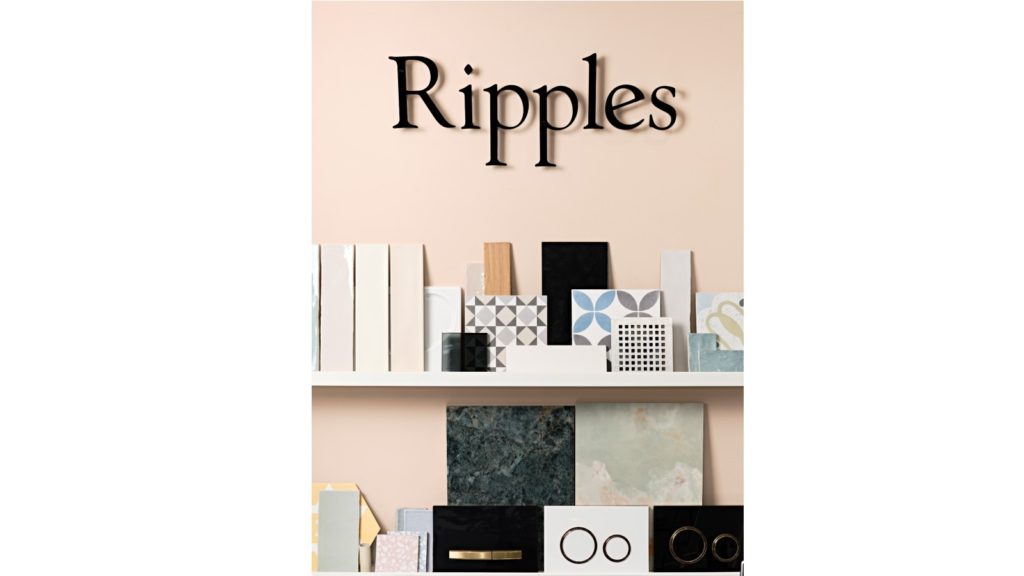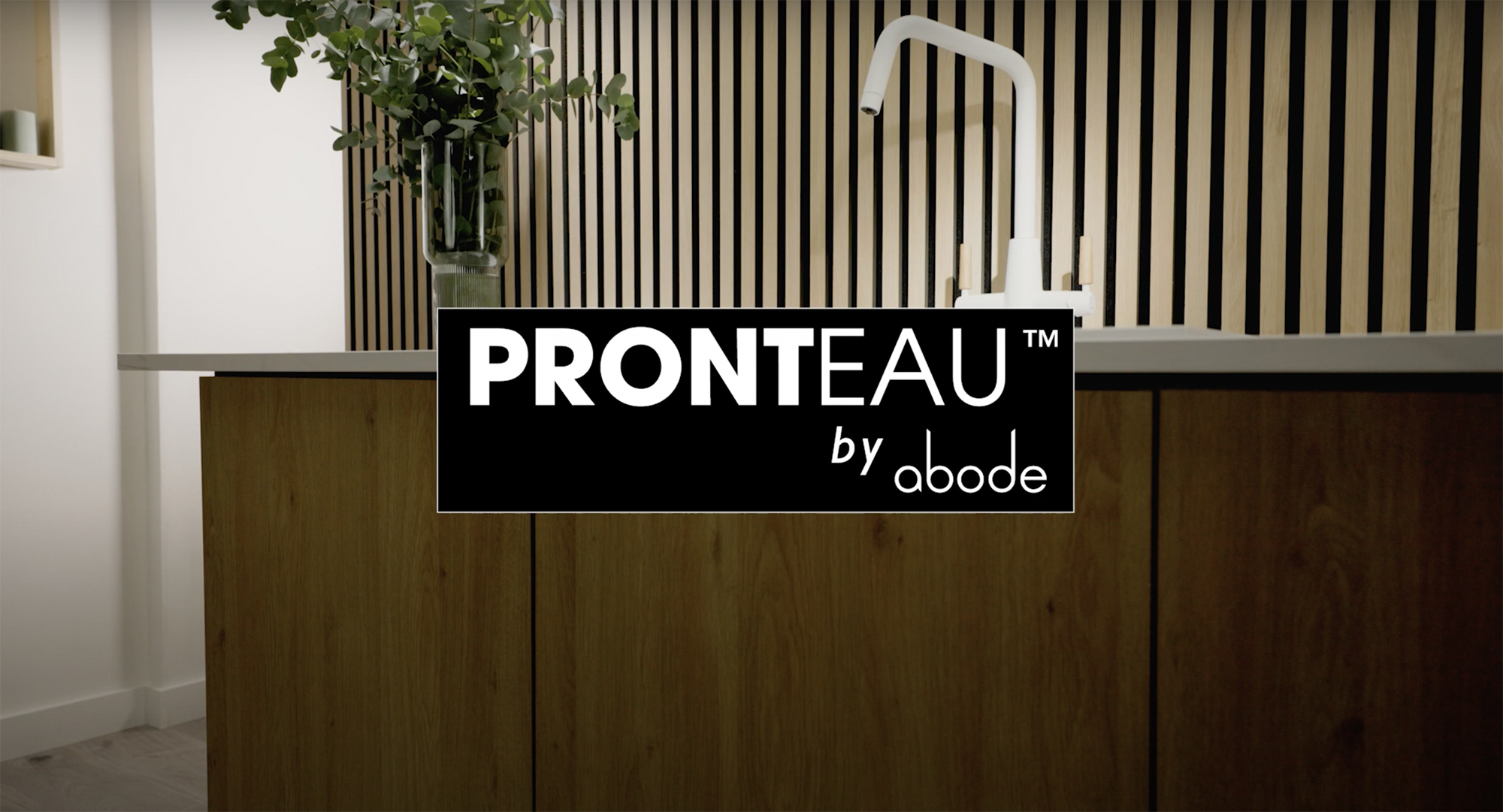Managing director of bathroom franchise Ripples Paul Crow divulges its secrets of success, plans to grow its showroom network and evolve the business

Established for over three decades, bathroom franchise Ripples has endured and in fact continues to grow from strength to strength.
From its origins as a single studio in Bath, opened by Roger and Sandra Kyme in 1998, last year the business was named in the HSBC Elite Franchise Top 100.
Sponsored Video
Its success has been mirrored by the number of retailers continuing to join the franchise, with two having opened this year, and a third on the way.
It has seen the Ripples brand make its first move into the North of England and expand the network total to 16 showrooms.
Significantly stronger
Managing director Paul Crow says the company’s success is based on its consumer focus, unlike much of the bathroom retail industry which he says is still discount-driven.

The first Ripples showroom was opened in Bath in 1989 and the franchise now boasts 16 studios
“I think there’s lots of people who have got the same mindset as us – whether its showroom design, customer service levels or enthusiasm. But I also think those people are still, to a certain extent, dictated to by trading situations they have with suppliers who expect a certain amount of space and sales to provide the discounts the retailers need.
“They perhaps lack a little bit of clarity on who they could be, whereas we’ve always pretty much stated we’re fundamentally a consumer-focused business.”
He says a business needs a clear and consistent vision. “To be a retailer, you’ve got to think like a five-star restaurant and that means you can’t change the menu if no-one is coming in that day”, says Crow.
Instead he advises: “What you’ve got to do is work harder to get people in or innovative. But you can’t change who you are as your identity.”
It certainly seems Ripples identity is attractive to potential retailers’, as Crow is in discussions with two more potential franchises.
Although he suggests the increased interest in Ripples could be partly due to COVID, where people have re-evaluated their work and lifestyle, Crow adds: “That said, the franchise industry hasn’t seen the same results we’ve seen.
“We’ve certainly had more enquiries now than we’ve probably had for a number of years from experienced retailers and those new to the industry.”
And like many retailers in the home improvement sector, Ripples sales have been buoyed by the results of the pandemic.
“We’ve had a really good year. We’ve got some record figures coming out of showrooms and they add up to totals that we’ve not seen since 2008.”
So, the company must now be near its peak in terms of sales and franchises?
“Not quite, but we’re the best that we’ve been for every other way that we want to measure it – in terms of the profitability of our showrooms, our customer service levels, the quality of our marketing and the infrastructure that we’ve now put in place”, explains Crow
Focus on digital
Through the lockdowns of COVID, Ripples focused on its digital footprint to promote its business.

Ripples Beaconsfield also has a separate tile showroom which features porcelain, encaustic and ceramic options
The company invested with its franchisees to create video case studies, letting them tell the story of the business.
It featured the videos on its own website and also promoted them through social media.
And Ripples also enhanced its digital services for consumers and is now able to look after them remotely, to improve the efficiency of the buying process.
But does it also speed up the customer decision-making process? “They don’t make decisions quickly, but they want the ball in their court very quickly”, explains Paul Crow.
And he believes by growing digital presence, it encourages more people to join the Ripples franchise, as it is able to drop digital messages to people who already know the brand, but may not know they have a showroom opening in that area.
Changes to business
But Paul Crow reports the biggest change to Ripples has been “the cultural shift around the business to be open-minded about if it’s not working is there a better idea?”

Ripples has a history of award winning franchisees and, although having only opened in 2021, Chichester has scooped a Best Showroom of the Year Award
He adds: “We’ve kept operations manuals and rule books in the drawer to collect dust because we’ve built a culture where franchisees are saying ‘I’ve got an idea. Can I try the following?’”
This wasn’t the case 10 years ago, when Ripples was based on a formula of business success and almost seems counter intuitive, but Crow explains: “We realised our franchisees were different, that they’ve got different strengths and weaknesses.
“We don’t get upset if they’re not doing something the way we, ideally, want it. We don’t have those sorts of battles anymore.” And he adds: “It’s a better and easier business to manage than it ever has been.” Crow admits there are compromises but notes: “I have a “what’s the worst that could happen” approach, given the intent of the franchisee is always 100% in the best interest of the business.”
Growing franchise network
So what is next for the Ripples brand? “Realistically, we could open two franchisees a year comfortably”, says Crow.
He expands: “I have just got to find a way of sharing what we do with more people because I have 100% faith that people will be surprised how inexpensive it is to open a brilliant business.”
Part of the reason is that he believes showrooms don’t have to be large to be successful: “I don’t think retail showrooms need to be all about size anymore.
“I think that we all know customers just want help buying their bathroom and evidence you can help them through some displays that stimulate them and are worth parking the car for.”
He further discloses Ripples will continue to grow its own-brand product offering to help its franchisees make more money.
“It gives a bit of protection, from a price point, for our franchisees. It provides a comfort to them, in a world where everything is on Google and not likely to change”, Crow elucidates.
But isn’t he concerned about the challenging economic landscape?
Crow states: “I never worry too much about external factors. All the time there’s business you should have won or quotes you could have done better with, then you’ve got nothing else to blame.
“We’re constantly trying to make everything that we can a bit better.” However, he concedes: “It will go a bit quieter, without a shadow of a doubt.”
Crow concludes there will always be a market for bathroom sales explaining: “Fundamentally, consumers are going nowhere. They want a new bathroom. Full stop.
“How much they spend is for all of us to figure out and to inspire them to spend more. But what we absolutely know is they want help doing it.”



